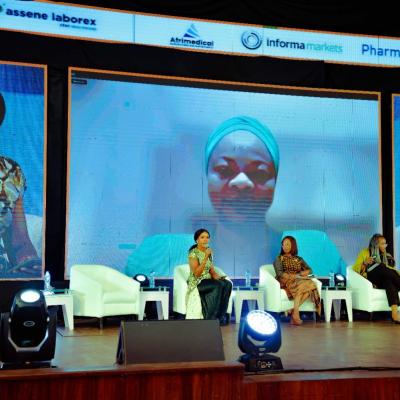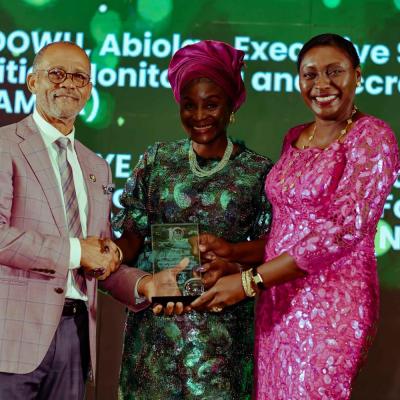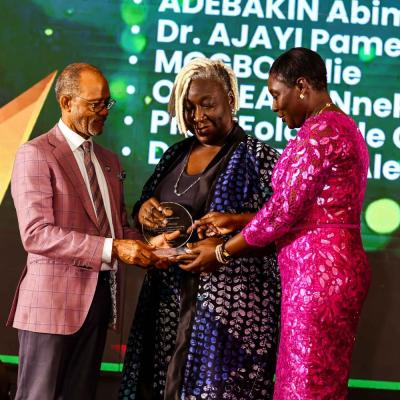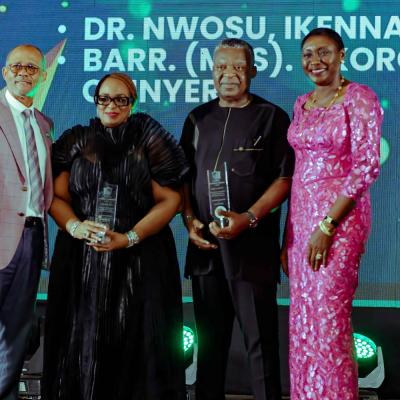She said that two of the laboratories are located in Yaba and Oshodi in Lagos, while the other two situated at Agulu in Anambra, and Kaduna.
“We have upgraded four test laboratories to international standards to build appropriate capacity to produce drugs and foods that meet global standards so as to reduce dependence on imports.
“The laboratories have been certified among the best in the world after being accredited by United States Pharmacopeia Convention (USP),” she said.
Dayilim noted that NAFDAC was working towards making MSMEs more viable in view of their vital role as major non-oil revenue earners.
She said that all bottlenecks were being addressed to ease their registration and activities.
She said the agency was reviewing the laws against counterfeit drugs and food producers to deter manufacturers of such fake goods.
“The current law stipulates N500, 000 fine or 15 years in prison upon conviction, but we are seeking a life term jail and confiscation of assets upon conviction.
“We are also seeking compensation for victims of counterfeit products. We also want counterfeiting to be made a non-bailable offence.
“We have also proposed a whistle blower clause to ease the process of tracking down counterfeiters,” she said.
The zonal coordinator said NAFDAC had steadily reduced the incidence of counterfeiting of anti-malarial from 40 per cent in 2001 to 16 per cent in 2005 and further down to 6.4 per cent and 3.6 per cent in 2015.
She warned stakeholders and MSMEs against the temptation to engage in sharp practises and cutting corners to maximise profit.
“You should strive to ensure strict adherence to NAFDAC rules, regulations and guidelines so as to produce good quality products and safeguard public health,” she said,
Dayilim advised MSMEs owners to ensure that all drugs, processed foods, cosmetics, drinks, medical device and packaged waters were registered with NAFDAC.
She said packaged sachet water was fit for consumption within just two months, and warned producers against selling expired “pure water” and tampering with expired dates.
She also warned members of the public against buying medicines from street hawkers, saying that drugs were only certified for consumption if handled by a professional and stored in required temperatures.
“Even genuine drugs become toxic and harmful if exposed to the sun as is being done by street hawkers,” she said.
The coordinator advised members of the public to report any suspicious activities of factories and warehouses where counterfeit drugs were being produced or stored to NAFDAC.
She equally advised breast feeding mothers to shun deceitful adverts or free gifts of baby milk that encourages the use of breast milk substitutes and enjoined them to breastfeed their babies as long as they could.
Daylim urged members of the public to store their crops properly so as to minimise the growth of fungi which could produce mycotoxins.

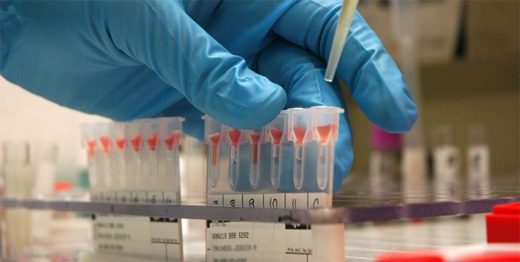 The National Agency for Food and Drug Administration and Control (NAFDAC) says it is upgrading four laboratories to international standards to boost quality of products emanating from Nigeria.
The National Agency for Food and Drug Administration and Control (NAFDAC) says it is upgrading four laboratories to international standards to boost quality of products emanating from Nigeria.

